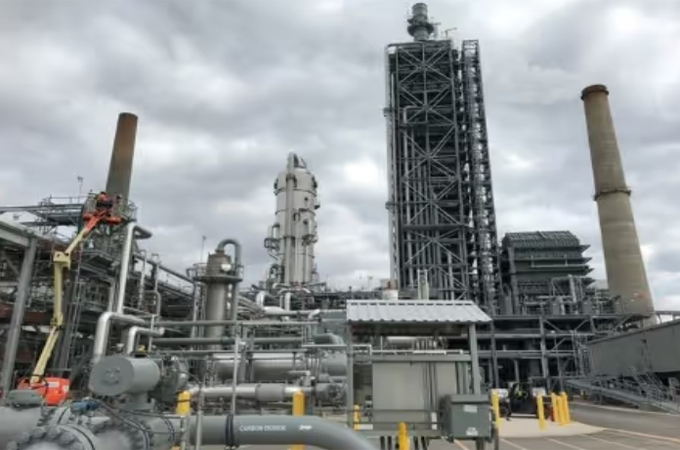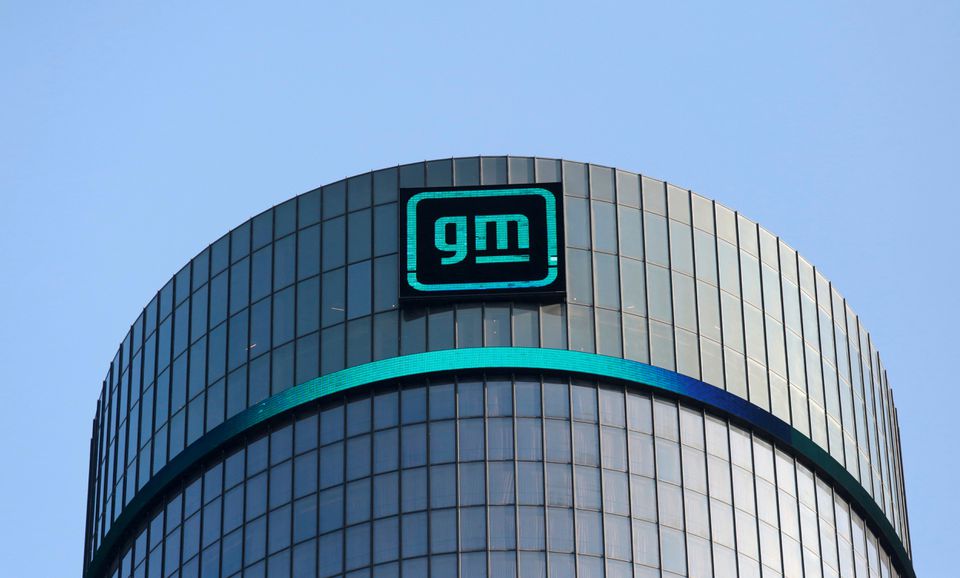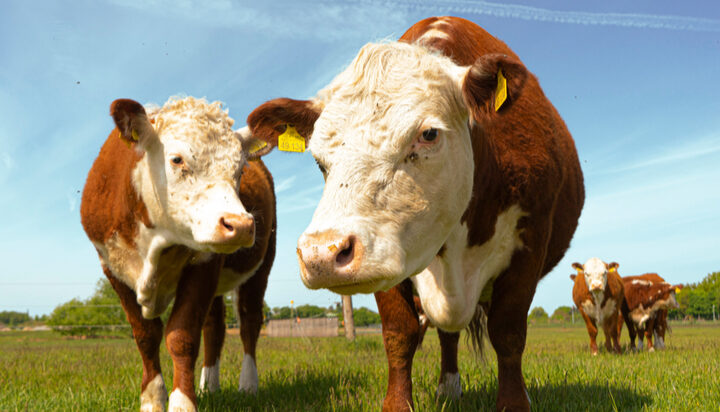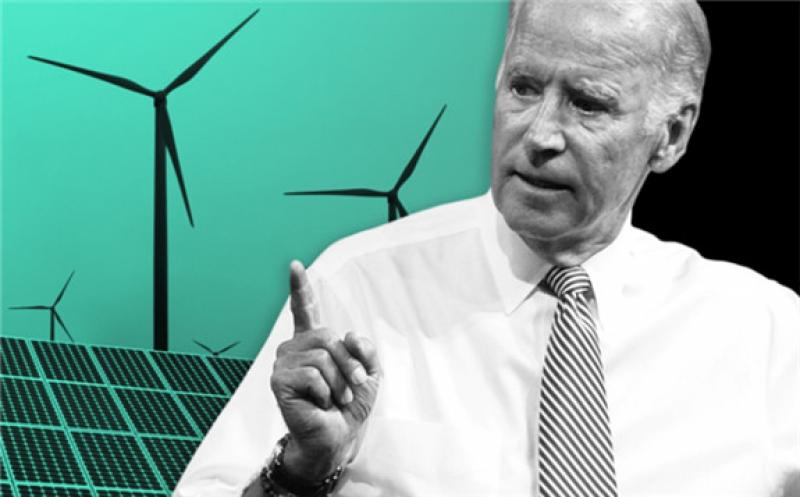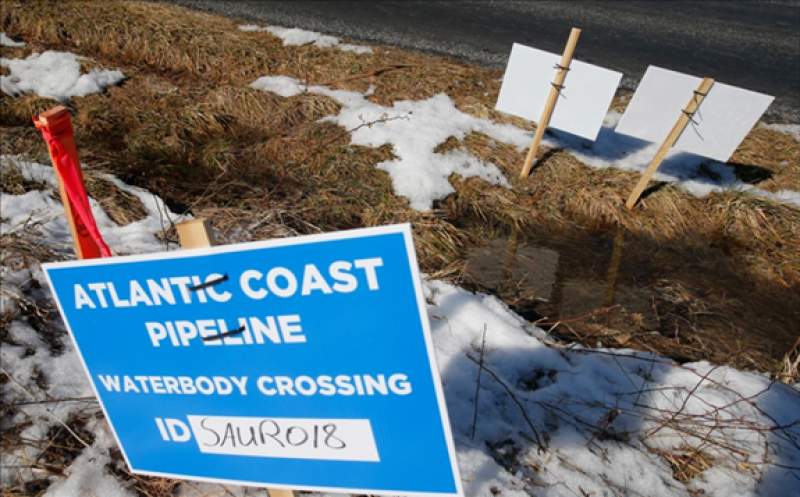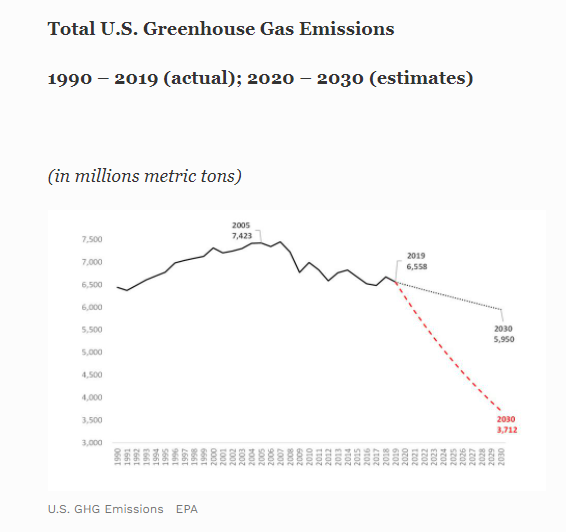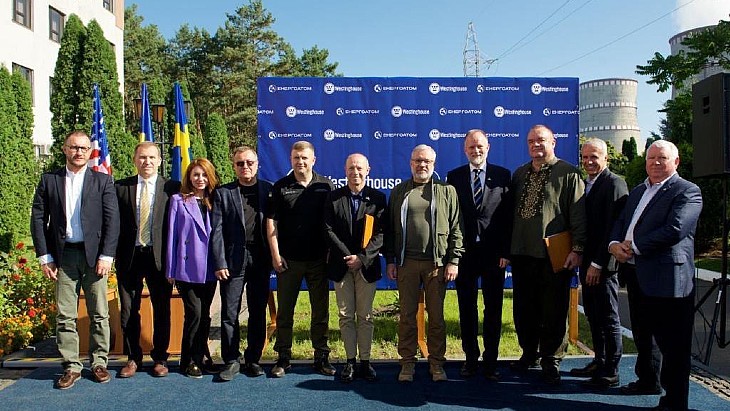
The supply of fuel assemblies for the VVER-440 reactors, which have always used Russian-produced fuel, was the result of a contract signed in September 2020 as part of Ukraine's efforts to diversify its fuel supplies. The subsequent war, which began in February 2022, has led to Ukraine ending all future Russian nuclear fuel use.
The event to mark the loading of the fuel was attended by people including Ukraine's Energy Minister, Herman Halushchenko, Energoatom President Petro Kotin, Sweden's ambassador to Ukraine, Martin Oberg, Westinghouse CEO Patrick Fragman, Westinghouse Sweden Managing Director Aziz Dag and the Rivne NPP Director General Pavlo Kovtoniuk.
Kotin said: "When the full-scale invasion of Russia began, we turned to our partners at Westinghouse with a proposal to accelerate the production of fuel for VVER-440 type reactors. With our engineering support, they produced it in a year and a half and brought it here - to the Rivne nuclear power plant."
Halushchenko said the "greatness of this day" was that it ended "the Russian monopoly" in this part of the nuclear fuel market. He added that the speed of the project was a "great success and a significant basis for our continued cooperation with Westinghouse - this is a big day for the Ukrainian energy industry, for our cooperation with the USA and Sweden, where the relevant plant is located".
Ukraine has said that it is switching to the US company's fuel, with plans to develop fuel domestically in future, using Westinghouse technology.
Westinghouse's Fragman said the companies' specialists had worked together to produce ahead of schedule and said: "We did it together, and not only for Ukraine, but also for other European countries whose nuclear reactors can now be completely independent of fuel supplies from Russia."
Rivne 1 and 2 - which were commissioned in 1980 and 1981, respectively - are the only VVER-440 units in Ukraine, with 16 others elsewhere in the EU. Ukraine has a total of 13 VVER-1000 units, including Rivne 3 and 4. Westinghouse has been supplying VVER-1000 fuel to Ukraine since 2005, when the first lead test assemblies were delivered to unit 3 of the South Ukraine nuclear power plant.
Since the beginning of the Russia-Ukraine war, there have been accelerated efforts for countries to diversify their fuel supply. Westinghouse's Swedish nuclear fuel manufacturing subsidiary, Westinghouse Electric Sweden AB, is leading the Accelerated Programme for Implementation of Secure VVER Fuel Supply. Launched in January this year, the programme aims to meet the urgent need of European countries operating such reactors to find an alternative source of fuel.
